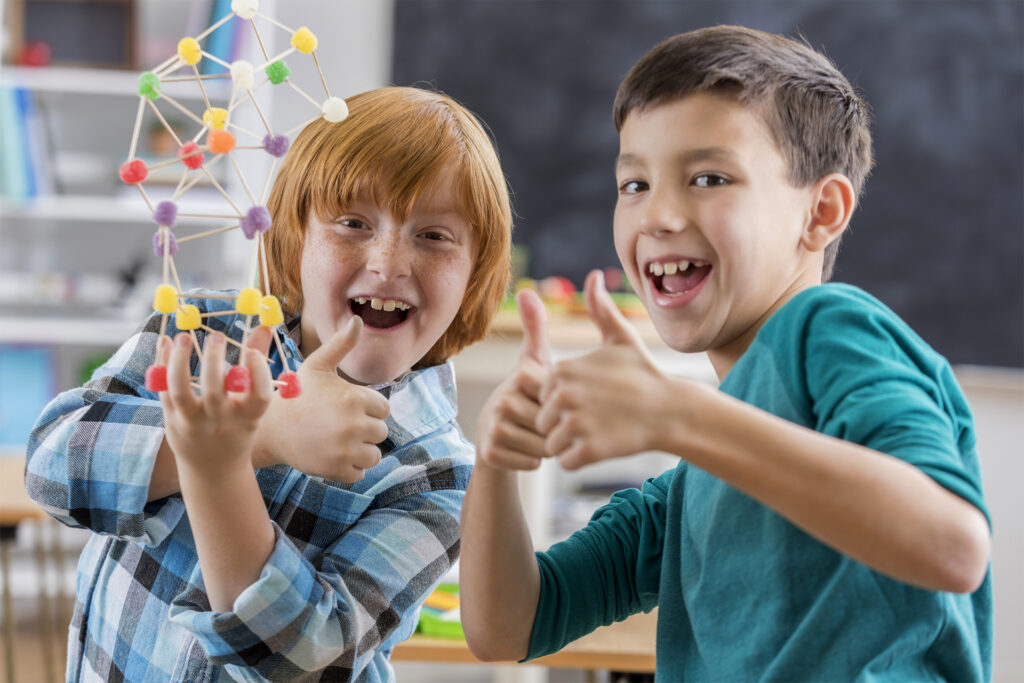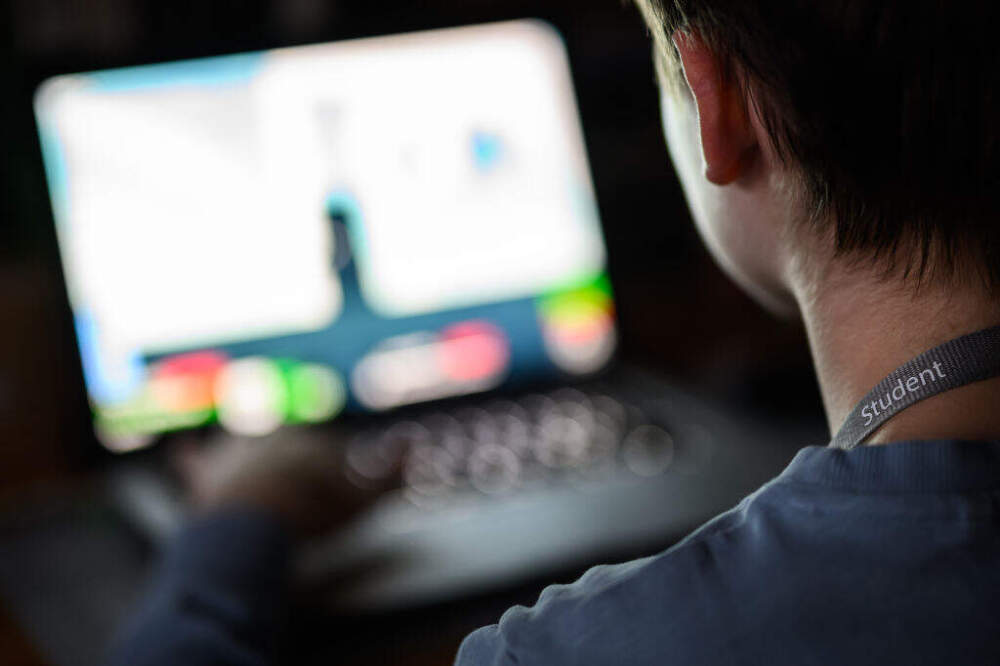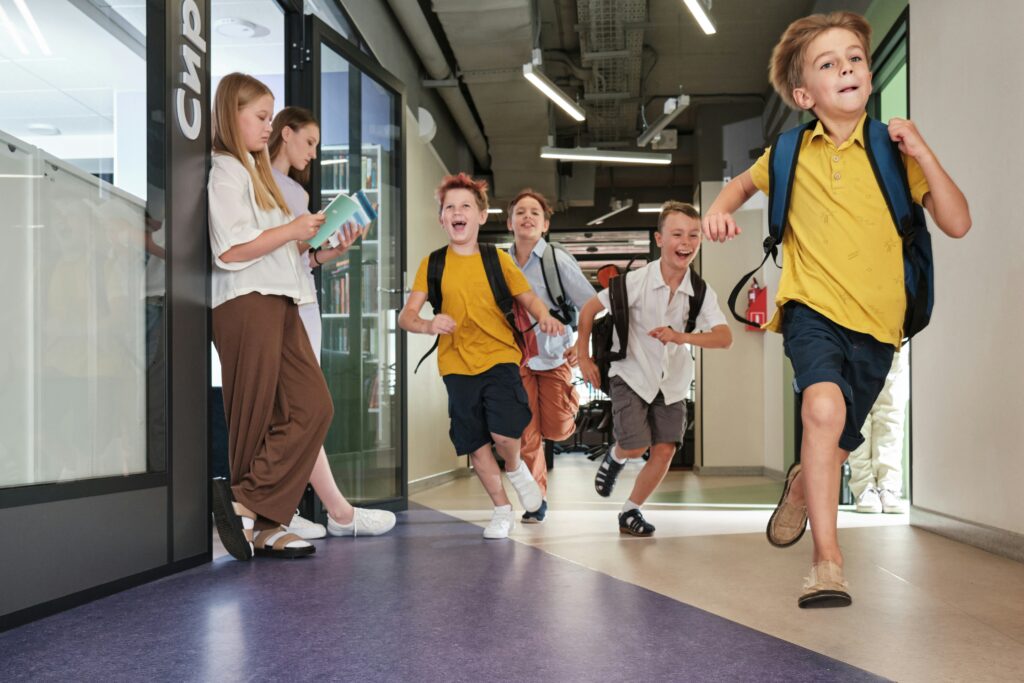Tuition Financing for Parents & School Credit
Tuition Financing K-12 Tuition Loan programs like those offered by America’s Christian Credit Union and LightStream can help your school avoid the risks and administrative burden of a payment plan while still offering your families financial flexibility. Through these programs, families can access low-interest tuition loans, making a micro school education more affordable with manageable monthly payments. Your […]
Tuition Financing for Parents & School Credit Read More »



